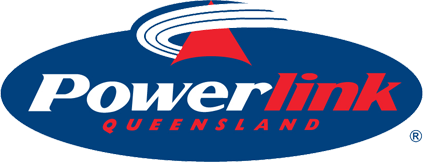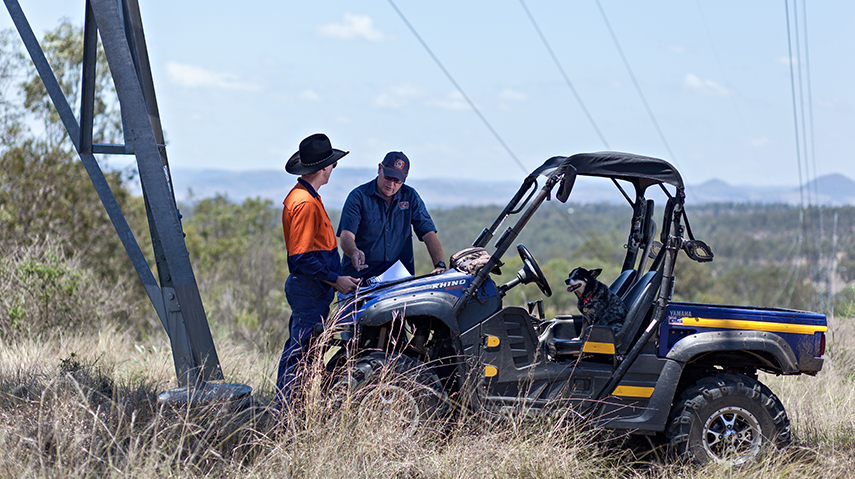Distributional Fairness
Learning from others on how to compensate Landholders
Distributional Fairness is about making sure that the benefits and impacts of development activities are distributed fairly among different groups of people. To achieve this, we need to think about how decisions are made regarding the distribution of these benefits and impacts.
This could involve creating plans or strategies to directly benefit specific individuals or groups, or making investment decisions that aim to reduce negative effects on communities. When designing these decision-making processes, it's important to take into account the perspectives and priorities of the communities involved.
Powerlink Queensland
This modelling showed that community members were watching how Powerlink treated this most vulnerable group, and their level of trust in the organisation was, in part, dependent on the fair treatment of others. When we think about what trust is – being vulnerable with another and knowing they will not take advantage of that vulnerability – the importance is clear. Community members were taking clues from how landholders were treated to understand more clearly the values and approach that Powerlink takes to external stakeholders in general. It is also likely that community members were using these observations to inform their views on how they are likely to be treated by Powerlink should they be impacted directly in the future.
While counterintuitive at first, this finding has had significant impact on how Powerlink thinks about and implements landholder negotiation and compensation processes.
Learn more about our work with Powerlink here


